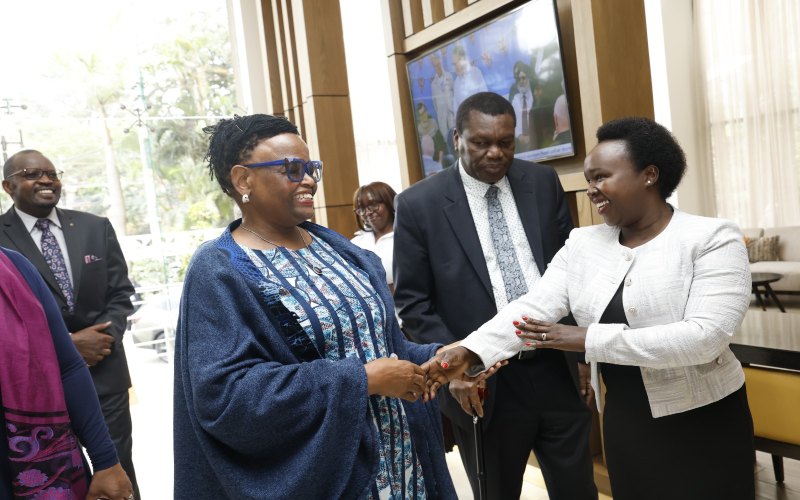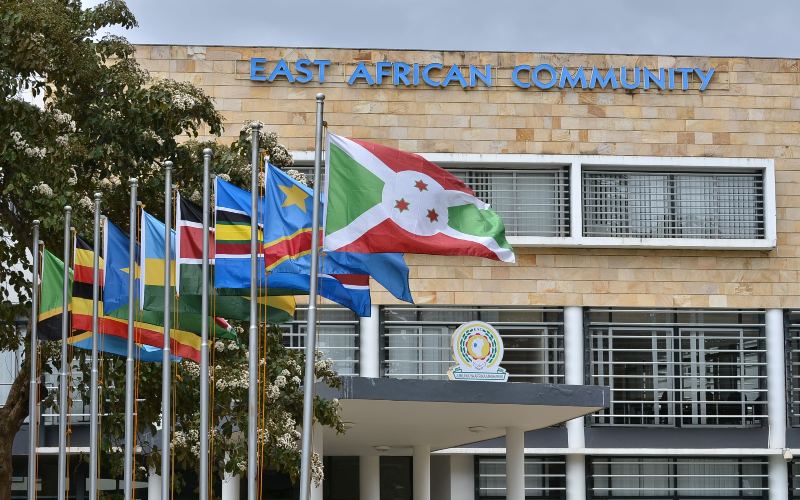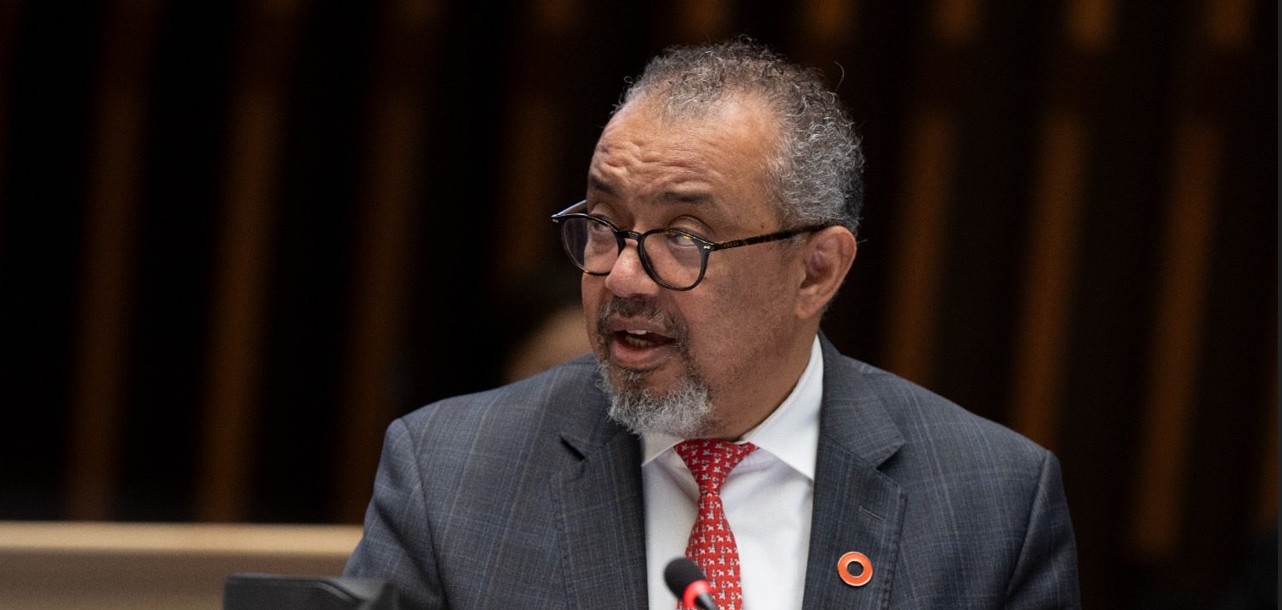CJ Koome urges contextual enforcement of Marriage Act, stronger family justice system

Martha Koome encouraged the Kenya Judiciary Academy to replicate this model across other High Court divisions to enhance legal dialogue and professional development.
Chief Justice Martha Koome has called for a more socially attuned approach to family justice, urging reforms that better reflect the lived realities of Kenyans affected by unregistered customary marriages under the Marriage Act, 2014.
She made the remarks during the inaugural Inns of Court Conference hosted by the Milimani Family Division in Nairobi.
More To Read
- How circuit, mobile courts expanded justice to underserved communities - report
- CJ Koome affirms Judiciary’s commitment to transparency, says trust central to transformation
- Supreme Court to receive title deed by December 25, says DP Kithure Kindiki
- Koome reports historic 104 per cent case clearance rate, hails milestone for justice access
- CJ Koome warns new advocates against misappropriating clients’ compensation
- Small claims courts pump Sh21 billion back into Kenya’s economy since 2021
Delivering her keynote address themed "The Marriage Act 2014: Effects of Unregistered Customary Marriages in Family Disputes", the Chief Justice lauded the Family Division, its judges, and the Bar–Bench Committee for initiating an innovative platform for deepened jurisprudential engagement.
She encouraged the Kenya Judiciary Academy to replicate this model across other High Court divisions to enhance legal dialogue and professional development.
Tracing the evolution of family justice in Kenya, the Chief Justice noted that for decades, family disputes were processed as ordinary civil matters, sometimes before judicial officers who lacked specialised training to handle sensitive issues such as custody, domestic violence and matrimonial conflict.
The creation of the Family Division in 2000, she said, marked a transformative shift toward a justice system designed to protect and support vulnerable individuals.
Justice Koome highlighted progress made under the Social Transformation through Access to Justice (STAJ) blueprint, including the establishment of the first dedicated Magistrates' Family Court in 2023.
The Court has significantly improved access and efficiency, managing nearly 6,000 cases filed in 2024 and concluding more than 3,000.
She emphasised that specialised family courts remain essential in addressing domestic violence, child protection, and gender-based vulnerabilities through trauma-sensitive procedures and collaboration with social welfare agencies.
Turning to the main theme of the conference, the Chief Justice stressed that challenges arising from unregistered customary marriages are profound and widespread.
She cited instances where widows are denied inheritance rights and children face uncertainty over identity and security due to the absence of formal marriage documentation.
Although the Marriage Act harmonised Kenya's diverse marriage systems, its requirement that customary marriages be registered within six months often conflicts with cultural norms, poverty, geographical barriers and limited public awareness.
"A rigid insistence on formal registration risks marginalising the very people the law intended to protect," she warned, advocating for contextual, socially responsive enforcement of the law.
She reaffirmed the importance of Bar–Bench Committees and Court Users Committees in sustaining a responsive justice ecosystem, and underscored the growing success of Court-Annexed Mediation and Alternative Justice Systems in resolving family matters with dignity and efficiency.
Throughout her address, Justice Koome reminded participants that behind every family case lies a human story.
She urged continued commitment to compassionate, timely and accessible justice for all, while pledging full judicial support for ongoing reforms.
Top Stories Today











































